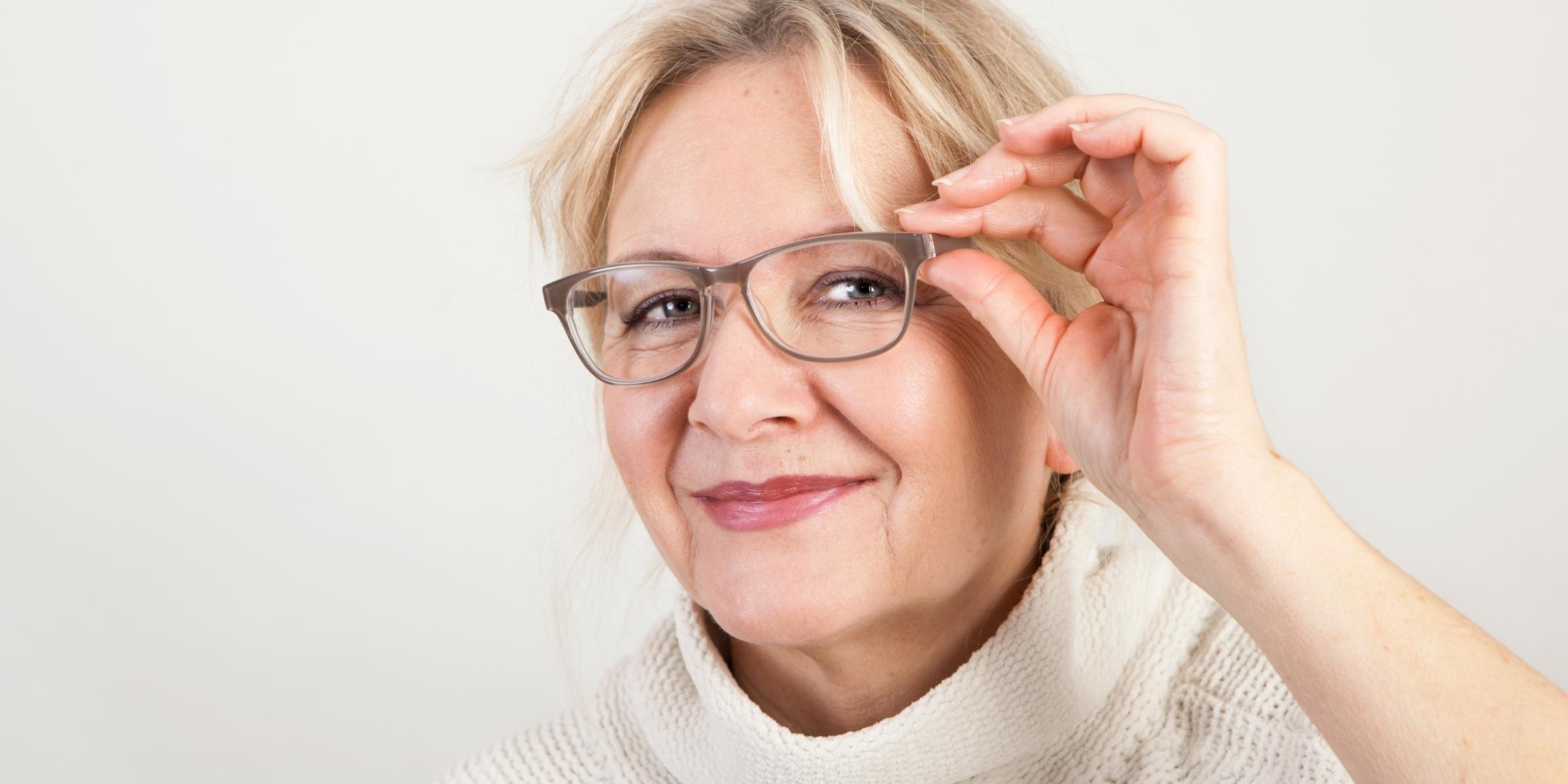Aging brings many different changes to our bodies. One of the most common transformations is in the eyes. Almost one in three people will have vision conditions by the age of 65. Maintaining the same quality of life with reduced vision and mitigating these vision issues will help older adults live happier lives.
Dry Eyes/Tearing Up
Dry eyes occur when the tear ducts do not produce enough tears, whereas tearing happens when the eye makes too many tears. Both dry and too teary eyes are prevalent amongst older people and can be caused by many of the same things. In many cases, dry eyes can cause eyes to tear up excessively as the eye tries to compensate for the dryness. These conditions are generally caused by sensitivity to light, wind, temperature, and other natural factors. Having either dry or teary eyes can cause anything from discomfort to some vision loss. Luckily, these conditions are easily treatable. Even something as simple as putting a humidifier in the home or wearing a pair of sunglasses will mitigate symptoms.
Cataracts
Cataracts are one of the most common vision issues that affect older adults, as over half of those 80 and older will have cataracts that affect the eye’s lens. Typically, the lens that covers a person’s eye is clear. But, as people age, the proteins that make up the lens degrade, which causes it to get cloudy. This affects the eye’s ability to process light and leads to blurry vision or vision loss. Mild cataracts can be treated with new glasses, but they can worsen over time. If necessary, cataracts can be treated with surgery.
Age-related Macular Degeneration (AMD)
The macula is critical to clear vision since it controls straight-forward vision. However, it is also vulnerable to aging. As people age, the area surrounding the macula affects the eye’s ability to function correctly, leading to AMD. There are two types of AMD: dry and wet.
Dry AMD happens when the macula itself starts to thin and is generally the less severe type. Wet AMD occurs in late-stage AMD where blood vessels in the back of the eye become abnormally large and damage the macula. The easiest ways to notice AMD are blurriness in the central area of one’s vision, trouble seeing in lower lighting, and dull colors or distortion of lines.
If older adults start seeing straight lines as wavy, they should consult a doctor immediately. While there is no treatment for dry AMD, medications can mitigate it, and for wet AMD, therapies or particular medications are available.
Glaucoma
Glaucoma is another common vision condition associated with aging. It’s related to high pressure in the eye and eventually causes vision loss when the optic nerve gets damaged. However, glaucoma is hard to spot. Many people with glaucoma don’t feel any pain, and the damage happens so slowly that they don’t notice that they’re gradually losing vision. Vision loss caused by glaucoma generally starts with peripheral vision, then worsens.
Retinal Detachment
One of the more serious vision conditions, retinal detachment, happens when the retina, which sits at the back of the eye, detaches from the tissues surrounding it. The retina is essential for clear vision since it senses light and processes it to the brain. There are many noticeable warning signs of retinal detachment. If an older adult sees flashes of light or floaters (dark spots) in their field of vision or a partial shadow covering part of their vision, it may signify retinal detachment. However, retinal detachment is a relatively rare condition for those not in the risk groups for it.
Vision problems can set in quickly. Even if an older adult isn’t experiencing any of the possible symptoms for a specific vision condition, regular checkups are necessary. Eye dilations can identify many common vision problems, and a routine dilation every one or two years will help prevent potentially severe vision loss. If someone has a family history of vision problems, they should pay extra attention to any issues. In general, just being aware and following up quickly on any discomfort or loss of sight will help.




